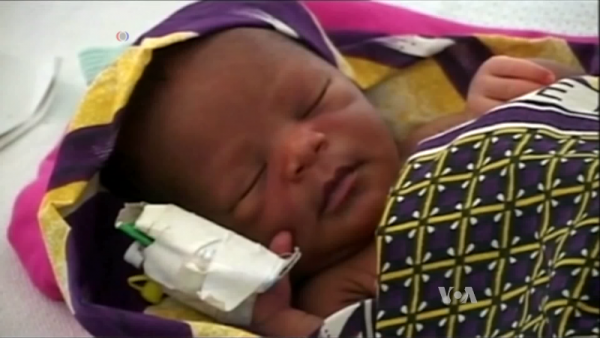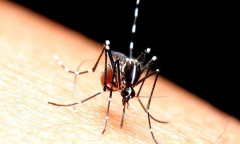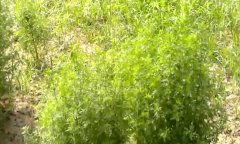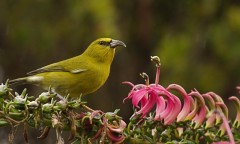By KM Diaz, | April 25, 2017

The vaccine involves injections that will be given in a span of three months. A final booster dose will be administered 18 months later. (YouTube)
The World Health Organization (WHO) has selected Ghana, Kenya, and Malawi to be the first countries to receive malaria vaccine in 2018.
Half of the population of the world is at risk of malaria. There were about 92 percent of malaria deaths worldwide in 2015, and 90 percent of the 212 million cases recorded worldwide in Africa in the same year.
Like Us on Facebook
Dr. Matshidiso Moeti, the WHO's Africa director, says that the vaccine could protect tens of thousands of lives. Health policies concerning malaria are often focused on prevention using insecticides and mosquito nets.
The malaria vaccine called RTS,S is the first ever vaccine developed to combat the disease. It was approved after several clinical trials. British pharmaceutical company GlaxoSmithKline (GSK) developed the vaccine. The vaccine will be introduced in the three countries through immunization of 360,000 children between 2018 and 2020.
The WHO selected Ghana, Kenya, and Malawi since they still have a high number of malaria cases despite the widespread use of insecticide-treated nets. The first stage of the pilot program will cost $49.2 million and will be funded by organizations such as the WHO, GSK, UNITAID, Gavi, the Vaccine Alliance, and the Global Fund to Fight AIDS, Tuberculosis, and Malaria.
The vaccine involves injections that will be given in a span of three months. A final booster dose will be administered 18 months later. In the trial, the vaccine exhibited effectiveness in preventing approximately 40 percent of malaria cases among children between the age of 5 and 17 months. However, the effectiveness of the vaccine reduced when the fourth dose was not administered.
While children aged 5 to 17 months will receive the malaria vaccine in 2018, it will not be available to older children or adults. The health ministries from Ghana, Kenya, and Malawi will work with the WHO to carry out the pilot program.
-
Use of Coronavirus Pandemic Drones Raises Privacy Concerns: Drones Spread Fear, Local Officials Say

-
Coronavirus Hampers The Delivery Of Lockheed Martin F-35 Stealth Fighters For 2020

-
Instagram Speeds Up Plans to Add Account Memorialization Feature Due to COVID-19 Deaths

-
NASA: Perseverance Plans to Bring 'Mars Rock' to Earth in 2031

-
600 Dead And 3,000 In The Hospital as Iranians Believed Drinking High-Concentrations of Alcohol Can Cure The Coronavirus

-
600 Dead And 3,000 In The Hospital as Iranians Believed Drinking High-Concentrations of Alcohol Can Cure The Coronavirus

-
COVID-19: Doctors, Nurses Use Virtual Reality to Learn New Skills in Treating Coronavirus Patients











